#WomenDisruptors: Women don’t realise they’re being short-changed in workplaces
We, at Adgully, have always saluted and honoured women managers and leaders across diverse fields. ‘Women Disruptors’ is Adgully’s special initiative to bring to the fore some remarkable women achievers in M&E, Advertising, Marketing, Communications industries, how they think, how they manage things, how they lead from the front and much more.
As CEO & Director at Zirca Digital Solutions, Neena Dasgupta is responsible for all day-to-day management decisions and for implementing the company’s long and short term plans. She was actively involved in the setting up of Zirca. Acknowledged as a visionary in digital media and advertising, Dasgupta has been aggressively involved in expanding and scaling Zirca’s footprint. In her former role, she had worked with BBC Worldwide for 8 years, where she headed advertising sales.
How would you define today’s woman leader?
She doesn’t try to be only as good as her peers, she aims to be better than herself. Her goal is to continue beating herself at the game, and climb higher. She is tough as nails, understanding in her disposition, but firm in her judgements.
What are the foremost attributes that women leaders in today’s business ecosystem must possess?
With any position of leadership, the most important thing to have a firm grasp of is ‘Vision’. You need to play the long game and know exactly what goals you’re working towards, that’s when you’re able to delegate responsibilities and make the right choices. But you can’t just be a fixture in the high chair, you have to also be able to inspire your employees with your own fire. A general doesn’t just have to plan battle tactics, they also need to remind soldiers why they are fighting the war.
Despite the qualifications, aptitude and experience, why do you think we don’t see the expected number of women business leaders, especially when it comes to boardroom decision-making?
I think the level of awareness is such that women don’t realise they’re often being short-changed in the workplace. Managers, both male and female, don’t realise the unique hardships women face when it comes to gender diversity issues at work. Because of that, they believe the steps already in place are enough, and are, therefore, comparing male and female professionals by biased standards. But now that women are gradually growing more empowered to speak out and claim what’s theirs, it’s up to the rest of us to pursue that agenda and provide more opportunities for them to stand on equal footing.
What more do Indian corporates need to do to encourage and groom women leaders?
For one, they need to stop bringing a woman’s work-life balance into the equation. When a male employee is newly married, or has a baby, his boss isn’t likely to ask him whether he’ll spend more time at home now, or whether his “other duties” will take him away from work. The key is to give all employees the freedom to decide their own work-life balance, and listen to what their unique needs might be. An ambitious woman shouldn’t be hard-pressed to find a new job just because she’s coming off maternity leave.
According to you, what are the Do’s and Don’ts for today’s women to break through the glass ceiling?
Do’s:
- Demand your dues, stake your claim, speak up against bias.
- Put yourself out there. Don’t give up a great opportunity because you’re unsure if you’re the best for it. Your less competent peers won’t have the same misgivings.
Don’ts:
- Don’t try to stay below the radar. That only ensures you remain unappreciated.
- Don’t be bothered about rocking the boat. If you think something is wrong, or a bad idea, say so. You’ll either be listened to, or you’ll know it’s not the healthiest workplace for you.
How acute is the gender pay gap issue in India today? What needs to be done to address this in an effective manner?
According to a Monster Salary Index report last year, women in India are paid on average 19 per cent less than their male peers. That’s just a tiny fraction better than the 20 per cent gap that existed in 2018.
To fix this, the first thing we need is more awareness. It’s not just a women problem, it’s an everyone problem. When your company pays female employees less than males at the same level and with the same experience, you’re demonstrating that you don’t really care about half of the country’s workforce. And why would an employee value their job when you don’t value them? So, if corporations don’t want to hurt their own business, they need to be offering everyone, regardless of gender, fair wages.
What are the five most effective lessons that you have learned as a woman leader?
- Have faith in your capabilities.
- When you don’t take a shot, the chance of you missing is 100 per cent.
- Don’t spread your attention too thin. Focus on the goals most valuable to you or your company, and focus on knocking them out of the park.
- Listen keenly to those working under you. It’s easy to lose touch with the everyday aspects of a business when you delegate, and they can tell you what’s going on in the trenches.
- Demand excellence – of yourself and those around you. The pack moves only as fast as the slowest individual.
How challenging has it been for you to maintain a balance between career goals and family responsibilities? What is your mantra to maintain that balance?
It’s important to remember that your work and your family are both important, and they’re mutually exclusive. One should not be sacrificed at the cost of the other. After all, they’re both responsibilities you’ve chosen to take on, and they both deserve your attention.
I’m successful when my company is successful. For me, that means surrounding myself with the right talent and being crystal clear in what my demands are. Because when I can be reassured that the whole machine is reliable in its working, I can attend to my family hassle-free.
How prevalent are the instances of sexual harassment in workplaces in India? What should the industry collectively do to tackle such a serious issue?
It’s hard to determine the legitimate number of workplace sexual harassment cases in India, because a lot of them still go unreported. Suffice it to say though, they’re far too prevalent. The way to combat this is with awareness and with rigid protocols.
Prevention Of Sexual Harassment (POSH) panels are an absolute necessity, as are workshops to run employees through what the policy is and how it protects them. More importantly though, no individual should be above the ruling of a POSH panel. Far too often, and in many major companies, cases are hushed up and settled simply because leaders believe it would be a blow to the company’s reputation. On the contrary, the public will better respect a brand that lives by its own laws, rather than one that lets sexual predators get away because of their position.



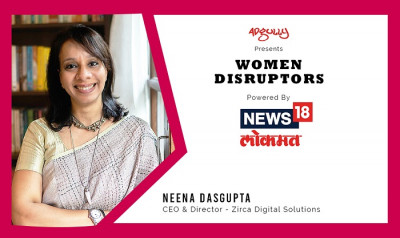
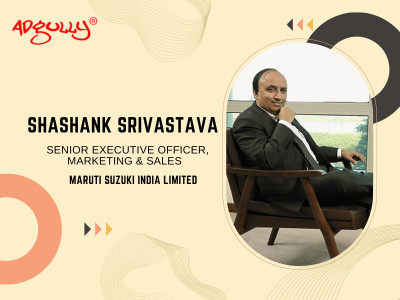
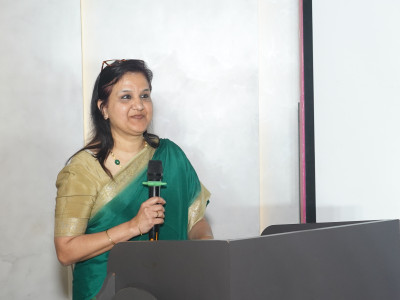



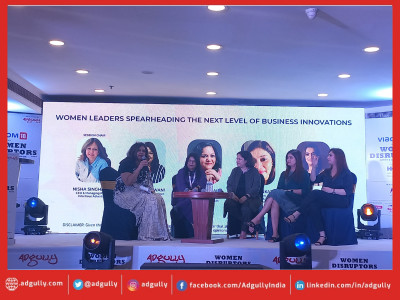
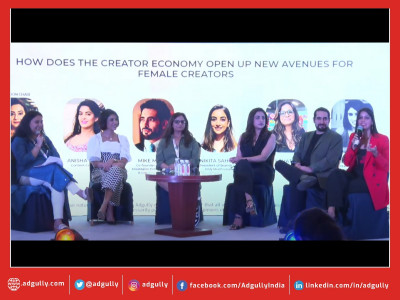







Share
Facebook
YouTube
Tweet
Twitter
LinkedIn